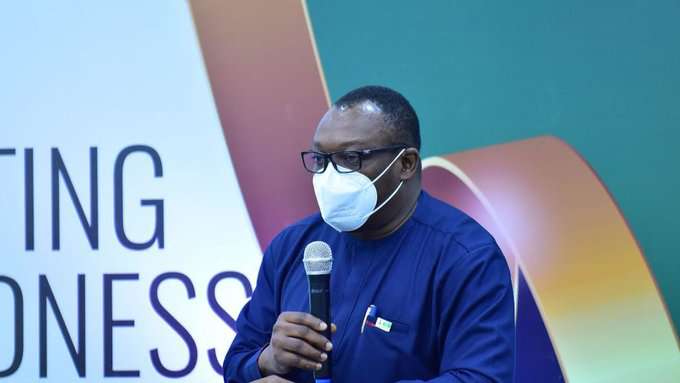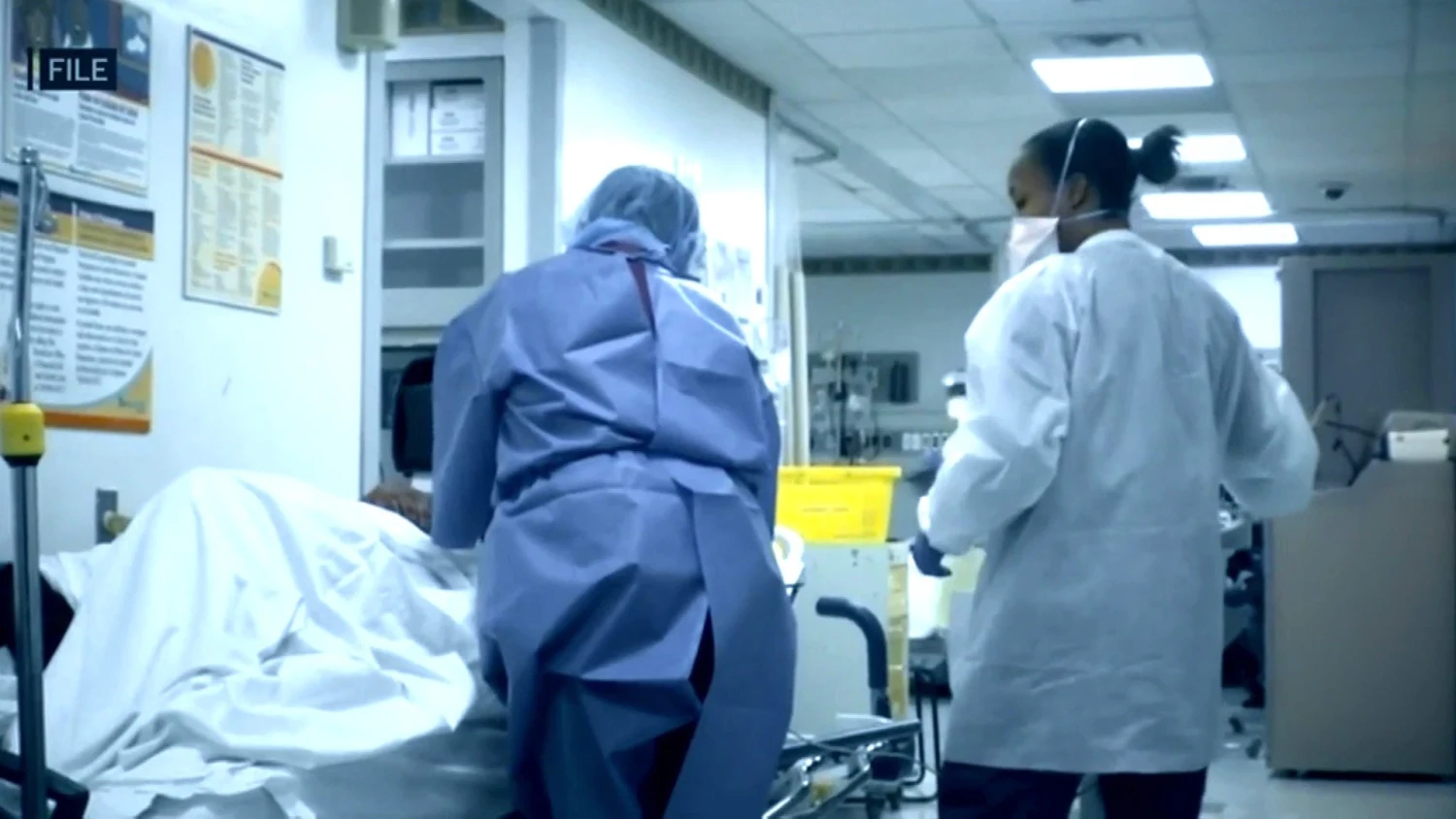Editorial
Editorial: COVID-19, Churches and the moral burden of public safety

After weeks and months of holding out on the clamour from several quarters, on August 7th and 9th, mosques and churches reopened in Lagos State following an approval granted the leaders of the faith-based centres by Governor Babajide Sanwo-Olu.
The reopening, which was coming after four months of closure, has since been greeted with mixed reactions.
While some see the development as appropriate and basically acceptable given that several other spheres of Nigerian national life have since been granted permission to continue with their schedules while yet observing basic containment measures to help prevent any threat of a further spike in infection numbers, some others reason that indeed the best way to prevent any such eventuality was simply to have allowed the faith centres to remain closed.
Bowing earlier to pressure on the same subject, the federal government had earlier in June permitted state governors to determine when to reopen worship centres and under what appropriate conditions and guidelines.
However, apart from Lagos, Ogun, Rivers and a few other states and the Federal Capital Territory, the withholding or release of approval for states to shut or reopen faith-based centres was merely an academic exercise and a mere formality. This is because, in several states, especially in the north, and particularly in Kogi and Cross River states, which had almost quite stridently denied the existence of the Covid 19 virus in their states, it was business as usual for virtually all sectors.
To be sure, the beginning of the challenge has to be established quite firmly in the failure of the federal government to provide the much needed leadership in addressing the pandemic even from its first days. Given that it has since been established that the virus was essentially imported into the country, the federal government and its agencies in charge of aviation, ports, border control and health emergencies are on record as being the frontline institutions that should be held responsible for the coming in of the virus into the country and its subsequent proliferation.
By not rising up early with a very solid coordinate plan for stemming the entry and spread of the virus, the government would thus be held responsible for its spread and the needless loss of lives and damage to the economy that have since followed. While other countries were shutting down airports and borders, Nigeria continued to allow international travel until the country was overwhelmed.
Even when it eventually woke up to its responsibility, there was no strategic national policy put in place in time to ensure very effective collaboration with the states. Government’s promise of palliatives to cushion the effect of the locked down to encourage people to stay indoors went largely undelivered.
Even when a few other measures were brought in to contain the possibility and incidence of community transmission such as the curbing of inter-state travel, this was not accompanied with robust mass awareness-raising even as the policy was roundly breached by the same security agents that had been mandated to enforce it, seeing it as rather an opportunity to secure unearned economic gain.
But even more telling was the fact that the absence of palliatives encouraged most daily income earners to vote with their feet and resume business. With government not having the resources or willingness to transfer more and more economic resources to people to encourage them to stay longer at home, there was then an urgent need to reopen the economy to stem its downward spiral since the objective of the lockdown was no longer tenable.
So it made reasonable sense to reopen the economy to save the vanishing jobs of Nigerians and prevent the worsening rate of suffering and poverty among Nigerians.
On the question of worship centres, from the onset, it was clear that the closure and reopening of worship centres was being observed somewhat in the breach. Several governors especially in the north reportedly disregarded the directives and protocols, and found some excuses to keep the worship centres open.
In states like Lagos, Ogun and even the FCT, there was massive pressure and lobby on the government to reopen them. For a while, government insisted that it was appropriate to keep the worship centres closed until the federal government buckled under the weight of the unrelenting pressure to reopen and left the sub-national entities with little elbow-room to continue to hold-out.
But even with the reopening, this paper believes that it is most important that we do not take our eyes off the ball. With no cure, no definitive vaccine and no fully predictable treatment regimen for dealing with cases of infection. It is clear that the use of face masks, social distancing and isolation remain the most effective ways of keeping the infection and fatalities rates under control.
While appreciating that the spiritual, psychological and broader well-being dimensions of life and living had clearly made it most unsustainable to continue to keep the faith centres shut in almost endlessly, there is also considerable justification to continue to solicit maximum interface and cooperation between the leaders and managers of the faith centres and the managers of the nation’s health infrastructure , and particularly as it has to do with those directly in charge of Covid 19 containment measures.
This is because there is and remains somewhat global consensus that gathering – any gathering, especially of in-door nature – is a major vector in the transmission of the virus. And with government facilities for handling the pandemic already showing signs of being stretched, the responsible thing to do then will be to continue to keep a tight lid of sorts on the management of the virus and its fallouts.
All over the world, even in the very civilized countries with the best health facilities, the challenge of reopening, notably schools and worship centre remains unsettled and unresolved. It is therefore most appropriate that we continue to make the case for keeping close tabs on the challenge across all levels.
It is in this wise then that we note the response of some churches not to reopen very quickly until they have fully established that they have a better handle of the situation as evidence of the fact that dialogue and responsibility would yet win over fear and inertia.
As a newspaper, we commend the leaders of these most thoughtful faith centres as well as the steadfast commitment of some of these pastors, including Pastor Enoch Adeboye of the Redeemed Christian Church of God, Tunde Bakare of Citadel Global Community Church, Sam Adeyemi of Daystar, and Dr. David Olukoya of MFM, who have at the moment continued to insist on ensuring that all the required containment imperatives continue to be worked on in the best interests of their congregations and indeed the nation. We comment their examples to others and reiterate the old maxim that ‘eternal vigilance is indeed the price of liberty.’








